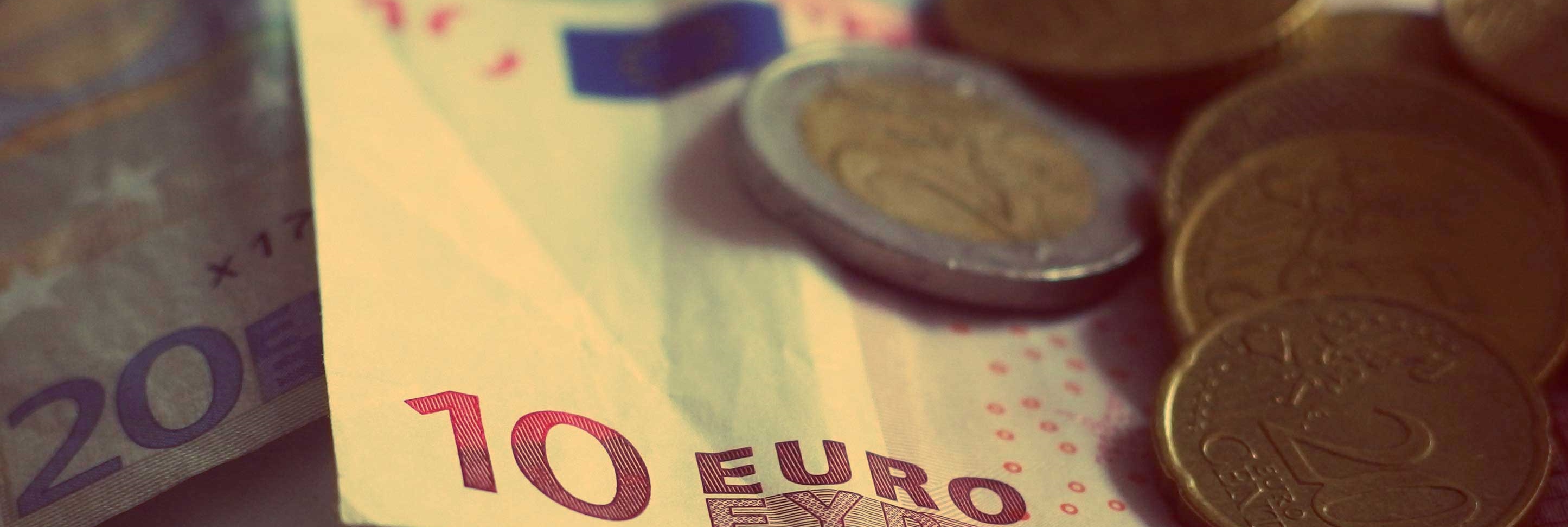Corruption destabilises democracies, endangers workplaces and slows down growth
Some latest cases:
Orban, prime minister of Hungary agreed to follow the EU carbon neutrality objective but quoted 50 200 billion forints (about 150 billion euros)as cost which he expects to get from the EU. It has to be known that the fund the EU has created to assist in achieving carbon neutrality is only 100 million euros. An article in the Hungarian weekly HVG lists the main items and shows how the amount is inflated by overpricing (for example of solar panels) and unnecessary itemsThere is also an apparent liaison between Orban and Babiš, the Czech prime minister, whi is famoous for benefitting from EU agricultural funds nut also from decisions of the Czech government - like financing projects benefitting his chemical comanies instead of transport projects or redirecting funds from SMEs to his big companies. He is also one of the biggest landowners in Hungary but carefully avoids to disturb the waters of other big agricultural oligarchs, the favourites of Orban - discovered also the HVG.
The 2017 OLAF annual report shows that only 42% of the cases where OLAF discovered fraud, are investigated by the national prosecuting authorities. The lowest ones being 0% in Finland and Ireland, 18% in Slovakia, 21% in Spain and Germany.
In countries which did not join the European Prosecutors' Office, this rate will probably remain low or even decrease. Therefore it is up to the EU institutions, in particular the European Commission, to employ stricter controls to prevent or at least penalise fraud and abuse.
OLAF opened 215 new investigations last year and concluded 197 cases, issuing 309 recommendations to the EU and national authorities involved and recommending nearly EUR 3.1 billion for financial recovery. It must be noted that OLAF typically recommends a financial penalty (correction) amounting to 100% of the amount in question, which the member state in question then negotiates with the Commission. Of the 197 cases concluded by OLAF last year, 11 were in Romania, followed by Hungary and Poland with 10 apiece.

In general, corruption, conflict of interest and the manipulation of tender procedures continue to be encountered in fraud cases affecting EU structural funds, the OLAF report said, with some instances where organised crime groups try to gain profit. Fraudsters have increasingly attempted to defraud funds destined for research or the refugee crisis, OLAF adds, while the evasion of customs duties is orchestrated through transnational criminal schemes.
Some examples:
OLAF’s investigations uncovered that the representatives of a county municipality, the beneficiary, had colluded with representatives of the company who designed the technical specifications for the road, in order to establish restrictive criteria in the tender documentation that would benefit one particular economic operator. This company won the contract, while the rest of the tenderers were disqualified during the initial evaluation phase,” reads the OLAF report.
Moreover, the involved organizations used a large number of falsified documents to support their claim for EU fund reimbursements. This resulted in a damage of EUR 21 million to the EU budget and OLAF recommended the European Commission to recover the whole amount.
During an investigation of 35 lighting projects (using energy-efficient LED technology) implemented under an Environment and Energy Operational Programme, the initial cost estimations by the applicants were irregular, with artificial supporting documents used to justify the benefits. A consulting company linked with the main contractor drafted the technical specifications for several municipalities applying for the project. This and irregularities during the procurement procedure resulted in one company close to a very high-level government member winnning almost all contracts.
In 2007, a department of a government decided it needed to bring in outside consultants. So it advertised, but only on the notice board of an official building closed to the public, helping to ensure that a favored firm landed a €120 million European Union-funded contract. Then another ministry gave €600,000, or about $830,000, of E.U. money that was earmarked for educating the Roma community to two soccer teams. Meanwhile, the same government forked out about €1 million to teach leadership skills — in a cabbage-processing plant.
A tender procedure which selected the fund management companies of two businessmen close to PM of their country, for the distribution of funds to start-ups was flawed. The suspicion of cartel between the two companies was also raised. In addition, both companies were set up a few days before the launch of the Jeremie tender and were registered at the court on the same day. The investigation showed similarities between the two companies. According to OLAF, this raised the suspicion of the violation of free competition.
In a training project following a complaint by alleged conference participants it was discovered that some of the activity claimed was not carried out and payment was required based on forged documents and falsified signatures of participants.
Initiative to stop fraud and abuse of EU funds
Site hosted in LuxembourgWebmaster: László Szabó
E-mail: info@stopfraud.eu